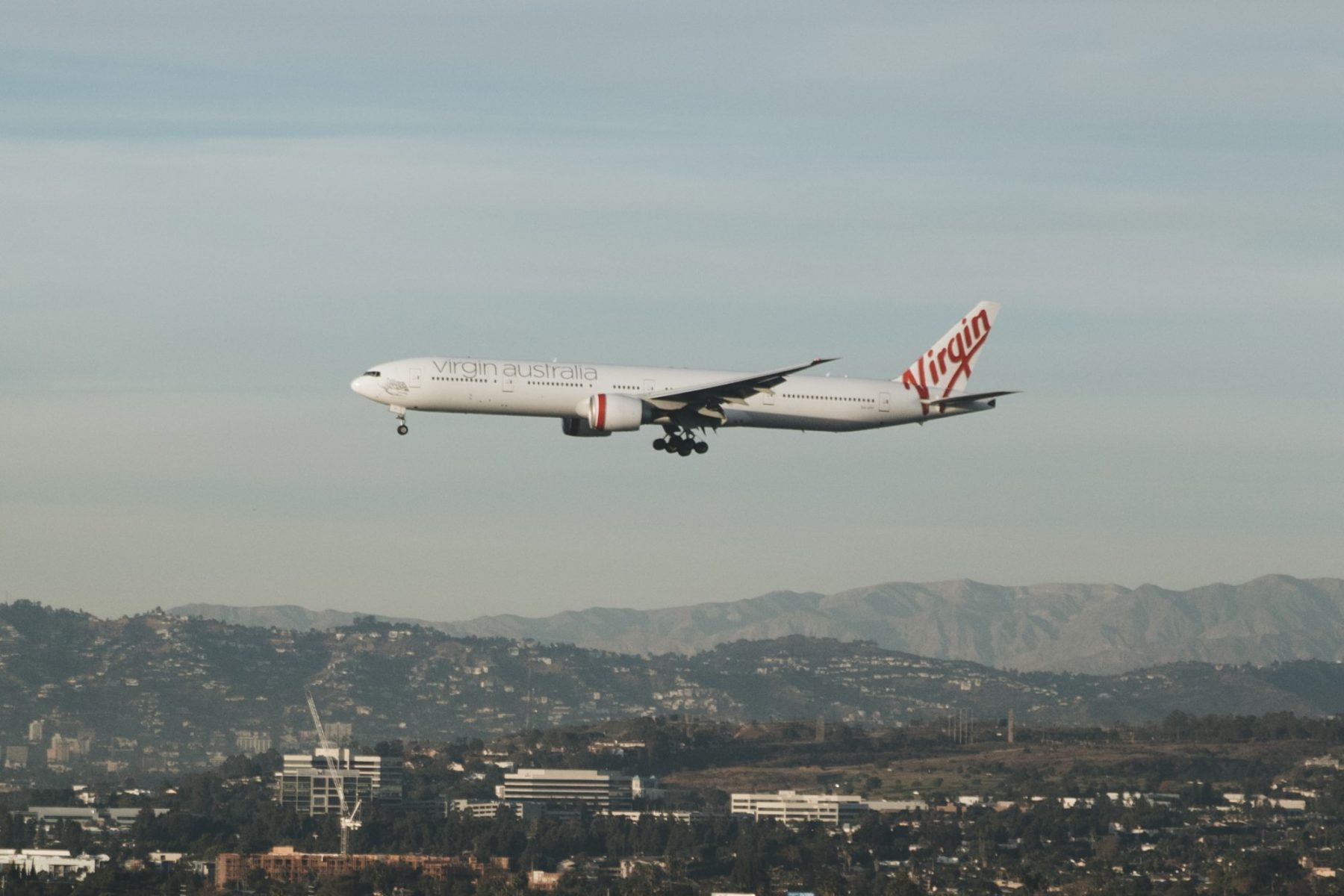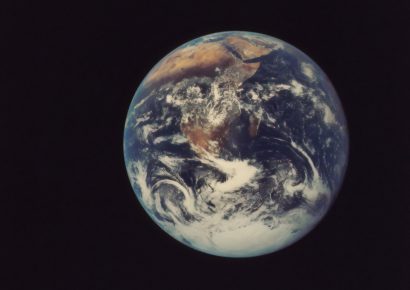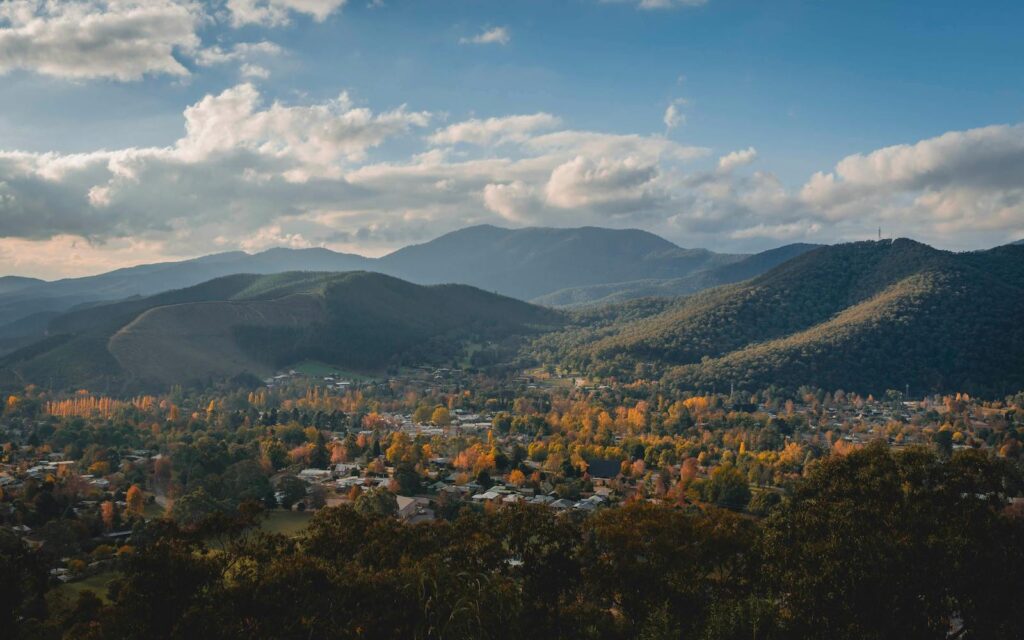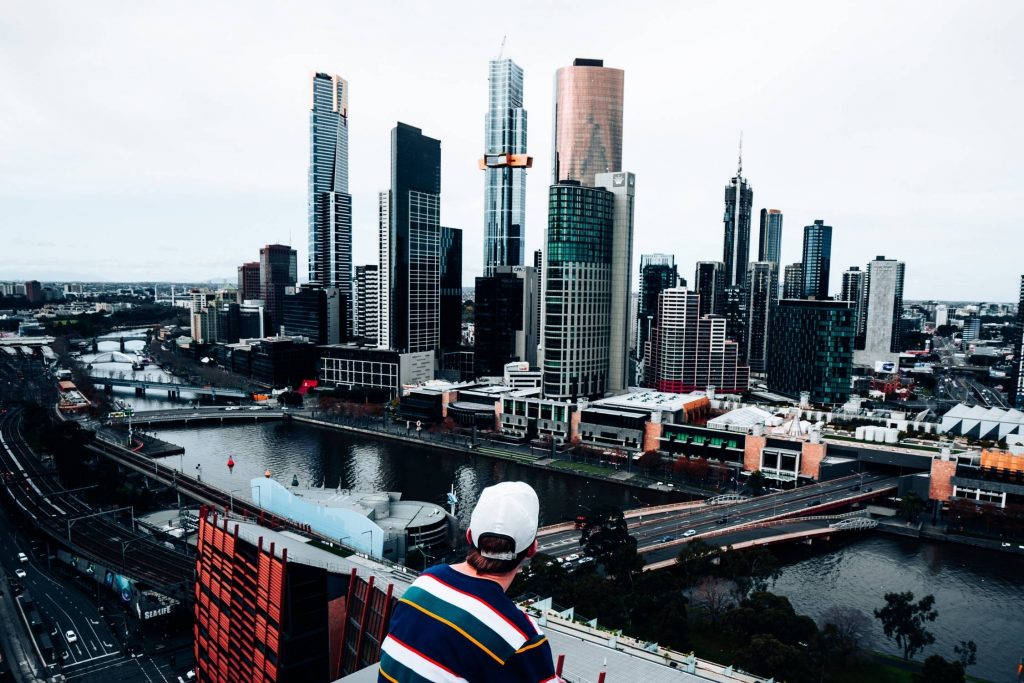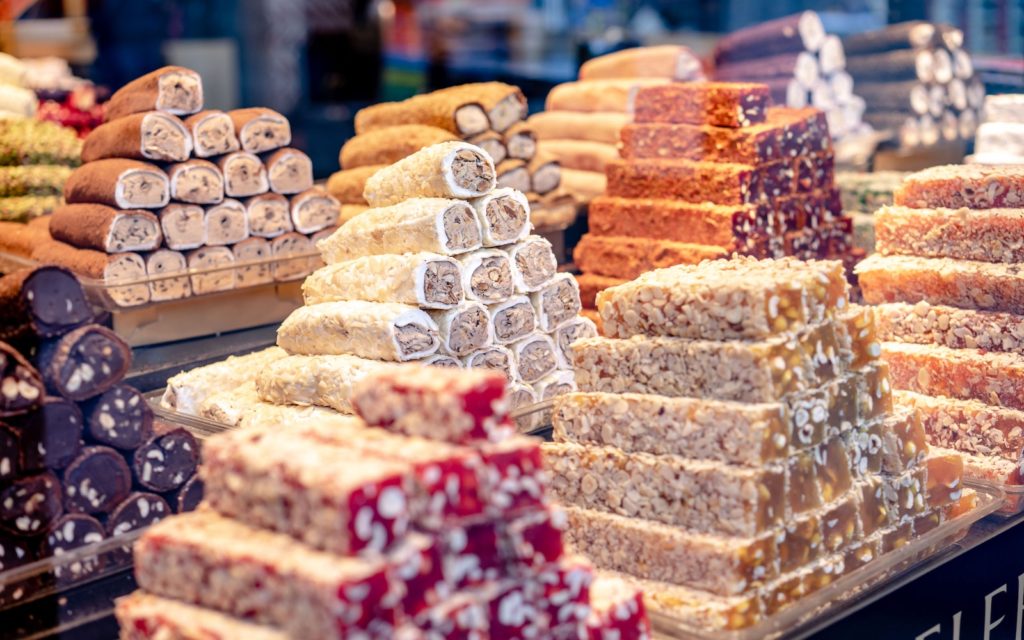With Qantas ruling our skies, airfares could soar.
Yesterday, Virgin Australia announced it had entered voluntary administration, and while domestic travel is as a halt for now, Virgin’s absence from Australia’s airline industry could have some pretty major implications when it comes to flying interstate post COVID-19.
The future of Virgin has been shaky for some time now, with the airline standing down 80 per cent of its direct workforce and announcing 1,000 redundancies over the past few weeks.
Not only have social-distancing measures and travel bans caused a huge loss in revenue for the airline, but Virgin Australia was already carrying a $5.3 billion debt.
After calling on its major shareholders, Singapore Airlines, Etihad, Nanshan, HNA and Richard Branson, for financial aid and requesting a $1.4 billion three-year loan from the Australian government to no avail, Virgin had no other choice but to enter voluntary administration.
Not only are at least 15,000 jobs now hanging in the balance, including those of airline and supply chain workers, but Virgin Australia contributes $11 billion to the Australian economy each year. Not to mention, for the past 20 years, the airline has been directly responsible for driving down fare prices.
So, without air duopoly, we could be looking at a huge spike in domestic travel costs once restrictions are lifted.
When Virgin launched in 2000, then as Virgin Blue, Qantas held a 90 per cent hold on the share market. Its competitor at the time, Ansett, was in the midst of collapse and The Flying Kangaroo was set to monopolise Australia’s skies.
While Qantas’ revenue and aviation market share has vastly overshadowed that of Virgin across the past 20 years, Virgin’s low-cost formula has had a drastic influence on domestic flights in Australia and served as the catalyst for Qantas establishing their own low-cost carrier, Jetstar, in 2003.
With Qantas dominating Australia’s airline industry, it will not be under the same pressure to offer discount fares. It’s also worth mentioning that Virgin owns Australia’s other main low-cost airline, Tigerair.
Aviation expert Peter Harbison, chairman of the CAPA Centre for Aviation, told The Herald Sun that Qantas has a history of “hiking fares by as much as 40 per cent when it was the only airline on a route.”
According to the ABC, it could take up to five years for a new airline to establish itself, in which time Australians will be subjected to higher fares and fewer flight options.
With the commercial aviation industry suffering on a global scale, it’s also unlikely that any airline would have the resources to launch a new Australian airline to take Virgin’s place.
All hope isn’t lost, however.
Administration agency Deloitte is now seeking potential buyers to keep the airline from complete collapse. According to 7 News, “More than ten interested parties have come to the negotiating table.”
There are reports that the Victorian government and transport billionaire and founder of Linfox, Lindsay Fox, were interested in “putting together an 11th hour deal”. Deloitte are hoping to have a deal signed by June 30.
Richard Branson is also remaining optimistic about the future of the airline.
“This is not the end for Virgin Australia and its unique culture. Never on to give up, I want to assure all of you – and our competitor – that we are determined to see Virgin Australia back up and running soon,” he said in a statement yesterday.
Dear @VirginAustralia team. I am so proud of you and everything we have achieved together. This is not the end of Virgin Australia, but I believe a new beginning. I promise that we will work day and night to turn this into reality https://t.co/GJH1zhEqEd pic.twitter.com/GelLiA6DKG
— Richard Branson (@richardbranson) April 20, 2020
Never miss a story. Sign up to Beat’s newsletter and you’ll be served fresh music, arts, food and culture stories three times a week.
